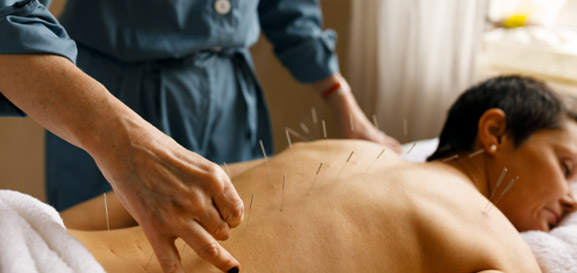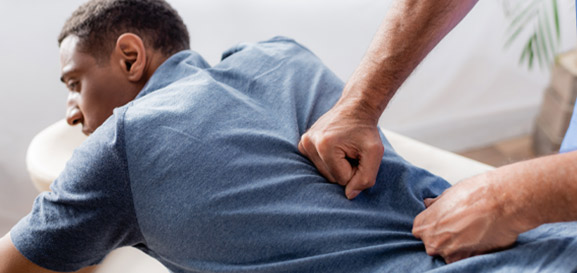The Future of Healthcare is Integrative!
Be a part of the transformation. Choose a field that is creating change. With increasing costs and an aging population, the healthcare industry is shifting and adapting to new demands. Patients and their families are seeking a holistic-minded approach to their healthcare. Western medical facilities are currently incorporating holistic, integrative, and Chinese medicine modalities at unprecedented rates. As the fields of Chinese medicine and integrative healthcare continue to grow and gain acceptance, so does the need for qualified practitioners.
At Pacific College of Health and Science (PCHS), you will find a variety of complementary integrative and holistic medicine programs designed to prepare you to fill this demand and thrive as a practitioner.
You design your own path to success by choosing from an array of programs rooted in Chinese and integrative medicine, including acupuncture, Chinese herbal medicine, massage therapy, and holistic nursing.
At Pacific College, we believe that all students who prepare for careers in the holistic or integrative healthcare should have a solid foundation in modern clinical medicine.
On January 1st, 2020, Pacific College of Oriental Medicine became PACIFIC COLLEGE OF HEALTH AND SCIENCE. Click here for more information.
academic programs
Please note: the Master of Science in Health and Human Performance (MS HHP), Health Coach Certificate (HCC), Bachelor of Science in Public Health Education and Promotion (BS PHEP), Associate of Applied Science Yoga Teacher (AAS YT), Certificate in Massage Therapy/Asian Bodywork (Chicago location only), RN-to-BSN, and MSN programs are no longer offered.



